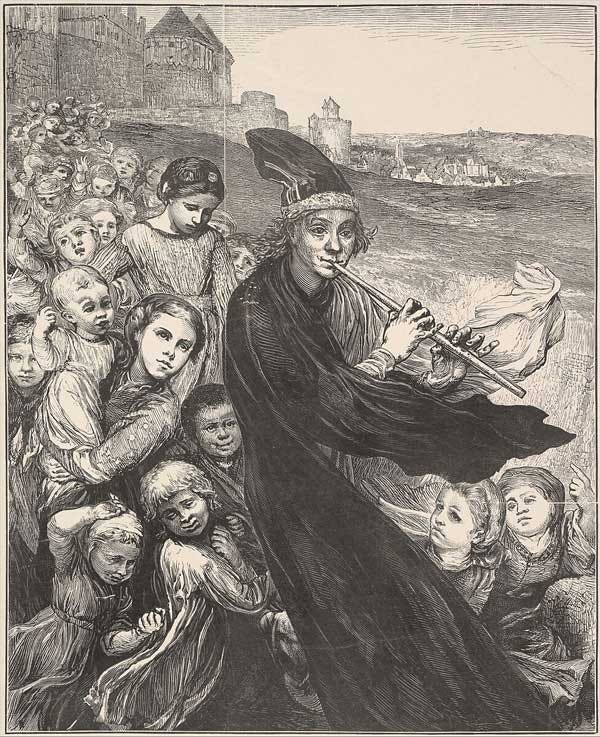Boing Boing, May 27, 2025
Infrared contact lenses, Harvard's tenure drama, and a nostalgic look at Chitty Chitty Bang Bang

This issue of Boing Boing is typically exclusive to premium members. If you enjoy our content, please consider supporting our small team with a subscription — just $5 monthly or $45 annually. Thank you for helping us continue creating!
Happy Tuesday! Today's stories showcase revolution…


